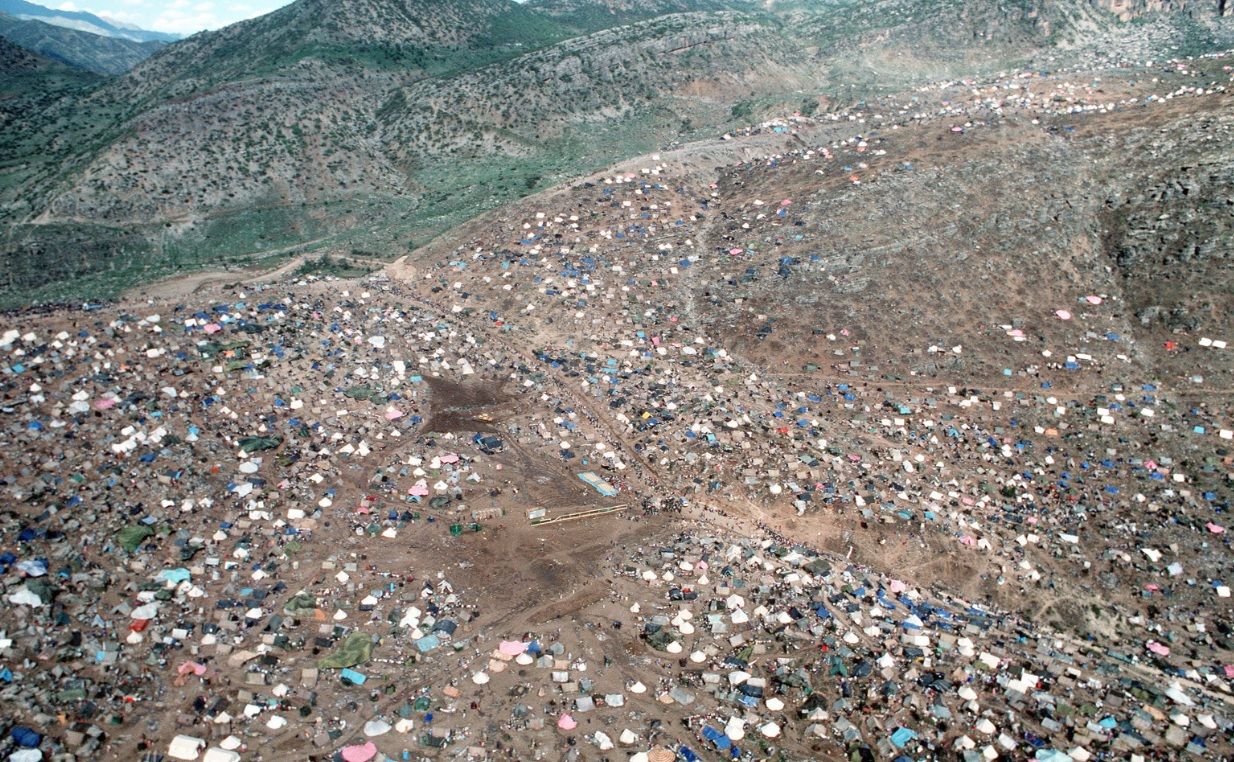The government has long refused to bring back the Danish mothers being held in refugees camps housing Islamic State supporters in Syria.
But now, in the wake of a new evaluation report from the PET intelligence agency, that position has come into question.
At a press conference yesterday evening, the government announced it wants to evacuate three Danish mothers from the camps along with their 14 children.
The PET report highlighted the uncertain situation in the camps and the fact that many women had escaped accompanied by their children.
Furthermore, there is a higher chance of the children being radicalised by IS supporters the longer they remain in the camps.
“At the present time it would be most appropriate to seek to evacuate three Danish women and their children,” the report found.
“This solution is estimated to be associated with the least uncertainty in relation to the containment of the threat the individuals in question would present to Denmark and Danish interests abroad.”
READ ALSO: Government appoints working group to decide future of Danish children in Syrian camps
Facing prosecution
The camps in Syria contain a total of 19 children and six mothers – three who have Danish citizenship and three who have been stripped of Danish citizenship due to joining up with Islamic State.
The five children of the latter group of mothers will be offered evacuation without their mothers – a move that will require their mothers’ consent.
According to TV2, it will take about one year for the evacuation to be completed and the mothers will be prosecuted upon arrival to Denmark.
The children will be cared for by social services and enter into a deradicalisation process.















